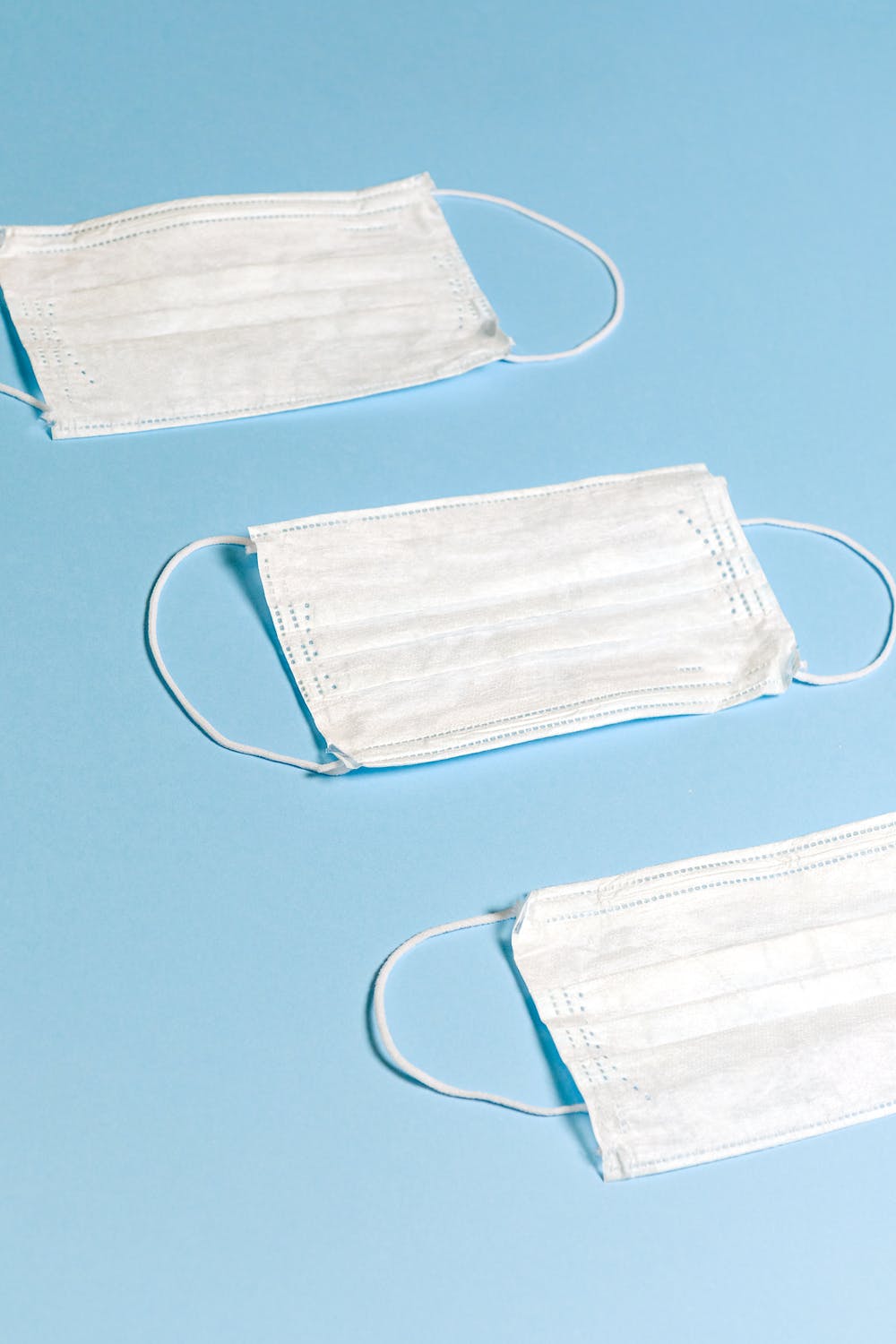
17 Nov Contact Allergic Reaction to Face Masks Reported
MedicalResearch.com Interview with:
Yashu Dhamija MD
Dr. Thomas Schmidlin, MD
Cleveland Clinic Akron General
MedicalResearch.com: What is the background for this study?
Response: We are seeing an increased use of face masks in the COVID-19 pandemic and while that is encouraged and necessary to limit the spread of disease in the general publication, it can mean challenges for some individuals.
Patients with known sensitizations to allergens contained in face masks may experience rash or irritation with commonly used face coverings. It is also possible for patients without a history of contact dermatitis to become sensitized to allergens after wearing facial coverings more regularly, thus leading to new cases of contact dermatitis (CD) in individuals with no known prior history of contact dermatitis.
MedicalResearch.com: What are the main findings?
Response: We presented a case report of one patient experiencing contact dermatitis related to wearing a face mask. There are numerous allergens found in face masks such as formaldehyde, carba mix, and thiuram. Many, many compounds are known to be sensitizers ranging from body care products to products that people may be exposed to outside of the home.
MedicalResearch.com: What should readers take away from your report?
Response: Readers should take away the following messages: Patch testing is a useful clinical tool to diagnose contact dermatitis in cases like this, allergists and dermatologists can offer this service. Patients with existing sensitizations should know that they can call companies to find out what components are used in the manufacturing process, whether its face masks or personal care products. While mask irritation and allergic reactions to mask components can be uncomfortable or difficult to treat with ongoing mask use, it is important to seek treatment from a medical professional.
MedicalResearch.com: What recommendations do you have for future research as a result of this work?
Response: For those who can make their masks at home (using CDC guidelines), I recommend avoiding elastic components and using 100% dye-free, cotton textile-based knots instead of ear loops. Patients can also look for masks without elastic/rubber components in store or online and confirm components with the manufacturers.
Authors report no discloures
Citation:
ACAAI 2020 abstract:
Facial contact dermatitis due to masks in the COVID-19 era
JOIN OUR EMAIL LIST
[mailpoet_form id="5"]We respect your privacy and will never share your details.
Last Modified: [last-modified]
The information on MedicalResearch.com is provided for educational purposes only, and is in no way intended to diagnose, cure, or treat any medical or other condition. Always seek the advice of your physician or other qualified health and ask your doctor any questions you may have regarding a medical condition. In addition to all other limitations and disclaimers in this agreement, service provider and its third party providers disclaim any liability or loss in connection with the content provided on this website.
Last Updated on November 17, 2020 by Marie Benz MD FAAD
